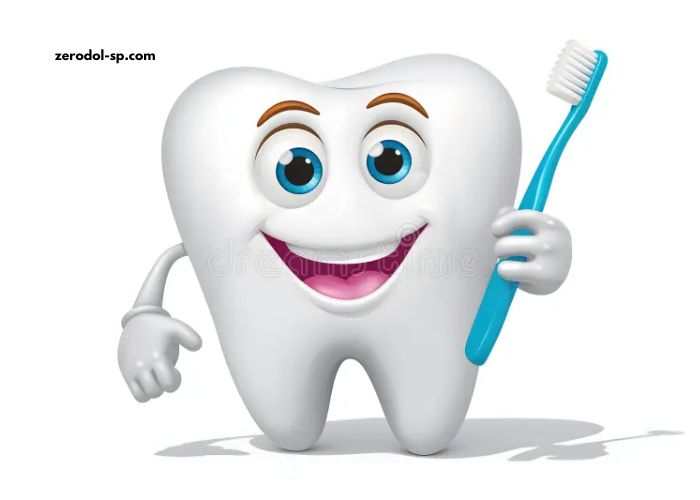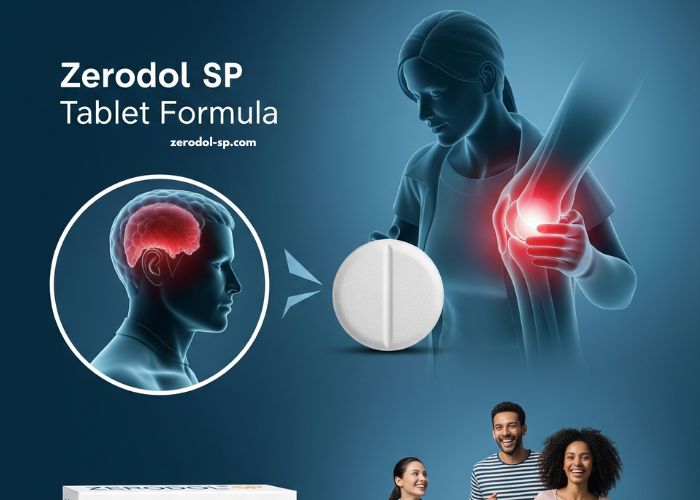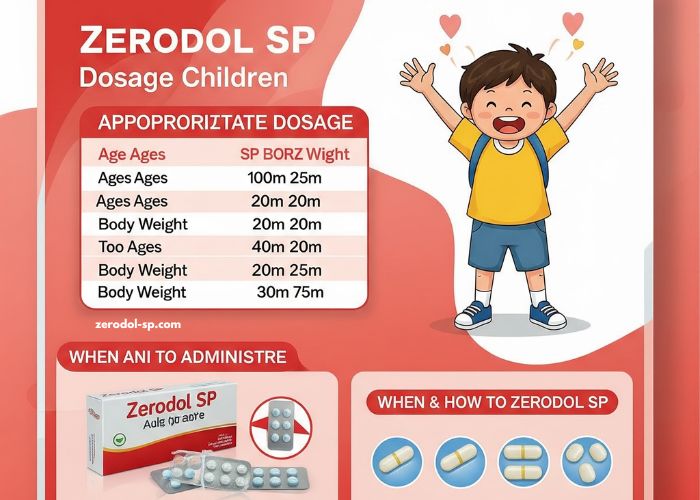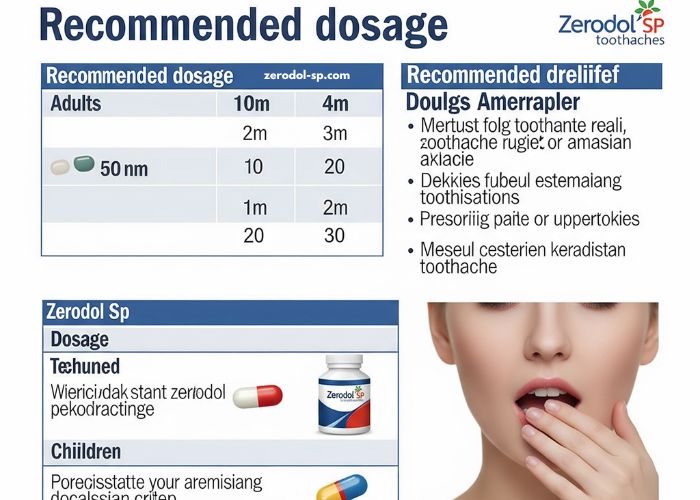In today’s fast-paced world, dental care has evolved far beyond just brushing and flossing. While these remain essential, modern dental health demands a more comprehensive, science-driven, and preventive approach. From advanced diagnostics and minimally invasive treatments to digital technologies and holistic oral health strategies, we now live in an era where dental wellness is more achievable than ever.
This article takes a deep dive into the new face of dental care — one that goes far beyond brushing.
Understanding the Modern Dental Paradigm
The Shift from Reactive to Preventive Dentistry
In the past, dental visits were largely reactive — people would see the dentist only when something went wrong. Modern dental care, however, is firmly rooted in prevention. Regular checkups, early detection of issues, and proactive hygiene routines are now the gold standard.
With the help of digital X-rays, 3D scans, and AI-powered diagnostics, dentists can now spot problems before they become painful or expensive to treat.
The Rise of Holistic Oral Health
Modern dentistry views the mouth as a window to overall health. Conditions like diabetes, heart disease, and autoimmune disorders can show early signs in the oral cavity. Holistic dental care aims to maintain not only healthy teeth and gums but also promote systemic health.
This approach includes nutrition counseling, lifestyle adjustments, and collaboration with other healthcare providers to treat the patient as a whole.
The Core Pillars of Modern Dental Care
1. Technology-Enhanced Dentistry
Technological innovation is transforming dental experiences:
-
Digital Impressions: Comfortable alternatives to messy molds.
-
Laser Dentistry: Painless, precise treatment for gum issues and cavities.
-
Teledentistry: Remote consultations improve accessibility.
-
CAD/CAM Technology: Same-day crowns and restorations.
These tools not only improve accuracy but also enhance patient comfort and reduce treatment time.
2. Personalized Oral Health Plans
Just as no two individuals are alike, no two mouths are the same. Dentists now create customized care plans based on genetics, habits, health history, and risk factors. For instance:
-
Smokers may need more frequent cleanings.
-
Individuals with dry mouth may require saliva substitutes or special rinses.
-
Orthodontic patients benefit from tailored oral hygiene protocols.
3. Integrative Nutrition and Oral Health
The modern dental philosophy recognizes the mouth-body connection. Nutritional deficiencies, acidic diets, and processed foods can all weaken enamel and contribute to decay.
Dentists now advise on:
-
Calcium and vitamin D intake for strong teeth.
-
Hydration to support saliva production.
-
Limiting sugar to reduce cavity risks.
This broader approach ensures that dietary habits support long-term dental health.
Beyond the Basics: Habits That Redefine Dental Health
Incorporating Tongue Cleaning
The tongue harbors bacteria that can contribute to bad breath and oral infections. Modern oral hygiene includes daily tongue cleaning using a scraper or soft brush.
Using Smart Toothbrushes
Electric toothbrushes with built-in sensors, timers, and pressure monitors are gaining popularity. These devices provide real-time feedback to ensure optimal brushing technique and duration.
Rethinking Mouthwash Use
While mouthwash is often used for fresh breath, modern recommendations focus on alcohol-free, fluoride-based, or antibacterial rinses. These target plaque buildup and gingivitis without causing dryness or irritation.
Cosmetic Dentistry: A New Standard of Confidence
Modern dental care isn’t just about preventing disease — it’s also about enhancing aesthetics.
Popular Cosmetic Solutions:
-
Teeth Whitening: Safe, professional treatments with long-lasting results.
-
Invisalign and Clear Aligners: Comfortable alternatives to braces.
-
Veneers: Porcelain shells for reshaping and brightening teeth.
-
Smile Makeovers: Full evaluations combining multiple treatments.
Confidence in one’s smile significantly impacts mental health, social presence, and self-esteem.
Dental Anxiety and Pain-Free Solutions
For many, fear of the dentist is a barrier to care. Thankfully, modern techniques aim to eliminate this hurdle.
Anxiety-Free Dental Care Includes:
-
Conscious sedation (like nitrous oxide).
-
Painless injections using numbing gels or computer-assisted delivery.
-
Calming environments with music, aromatherapy, or distraction devices.
Dentists now prioritize empathy and comfort, helping patients feel more relaxed and involved in their treatment.
Special Populations and Personalized Dental Approaches
Pediatric Dentistry
Children benefit from early interventions such as:
-
Fluoride varnishes
-
Sealants on molars
-
Education on brushing techniques
Geriatric Dentistry
Aging brings unique challenges such as gum recession, dry mouth, and prosthetic care. Modern geriatric dental care includes:
-
Denture maintenance
-
Managing medications that affect oral health
-
Gentle cleanings for sensitive gums
Patients with Medical Conditions
People with diabetes, cancer, autoimmune issues, or undergoing chemotherapy need customized dental protocols to avoid complications and infections.
The Future of Dental Care
Artificial Intelligence & Predictive Care
AI is being used to:
-
Analyze X-rays for cavities and lesions
-
Predict gum disease risk
-
Plan orthodontic treatments
This enables faster, more accurate care and early intervention.
Regenerative Dentistry
Using stem cells and tissue engineering, researchers are developing methods to regrow enamel, heal cavities naturally, and regenerate gum tissue. These futuristic techniques may redefine dental treatments entirely.
FAQs: Frequently Asked Questions About Modern Dental Care
Q1: Is brushing and flossing not enough for dental health?
Answer: While brushing and flossing are essential, they don’t address all areas of oral health. Diet, professional cleanings, fluoride treatments, and early diagnosis are just as important in preventing long-term dental issues.
Q2: How often should I visit the dentist now?
Answer: The general recommendation is every 6 months, but this may vary based on individual risk factors like gum disease, smoking, or medical conditions.
Q3: What is teledentistry and how does it work?
Answer: Teledentistry allows patients to consult with dentists online through video calls. It’s useful for follow-ups, consultations, and preliminary assessments — especially in rural or underserved areas.
Q4: Are electric toothbrushes better than manual ones?
Answer: Yes, many studies show electric toothbrushes clean more effectively, especially for people with braces or mobility issues. They often come with timers and pressure sensors to improve brushing technique.
Q5: Can diet really affect my teeth?
Answer: Absolutely. Sugary and acidic foods erode enamel, while calcium, vitamin D, and fibrous vegetables support strong, healthy teeth. Diet is a core component of preventive dental care.
Conclusion: Embrace the New Era of Dental Wellness
Modern dental care is more innovative, personalized, and preventive than ever before. By embracing technologies, holistic habits, and professional guidance, individuals can maintain not only a bright smile but also a healthier body.
It’s time to look beyond brushing and take full advantage of the tools and knowledge available today. Your mouth deserves more than just the basics — it deserves a complete, modern approach to lifelong health.





